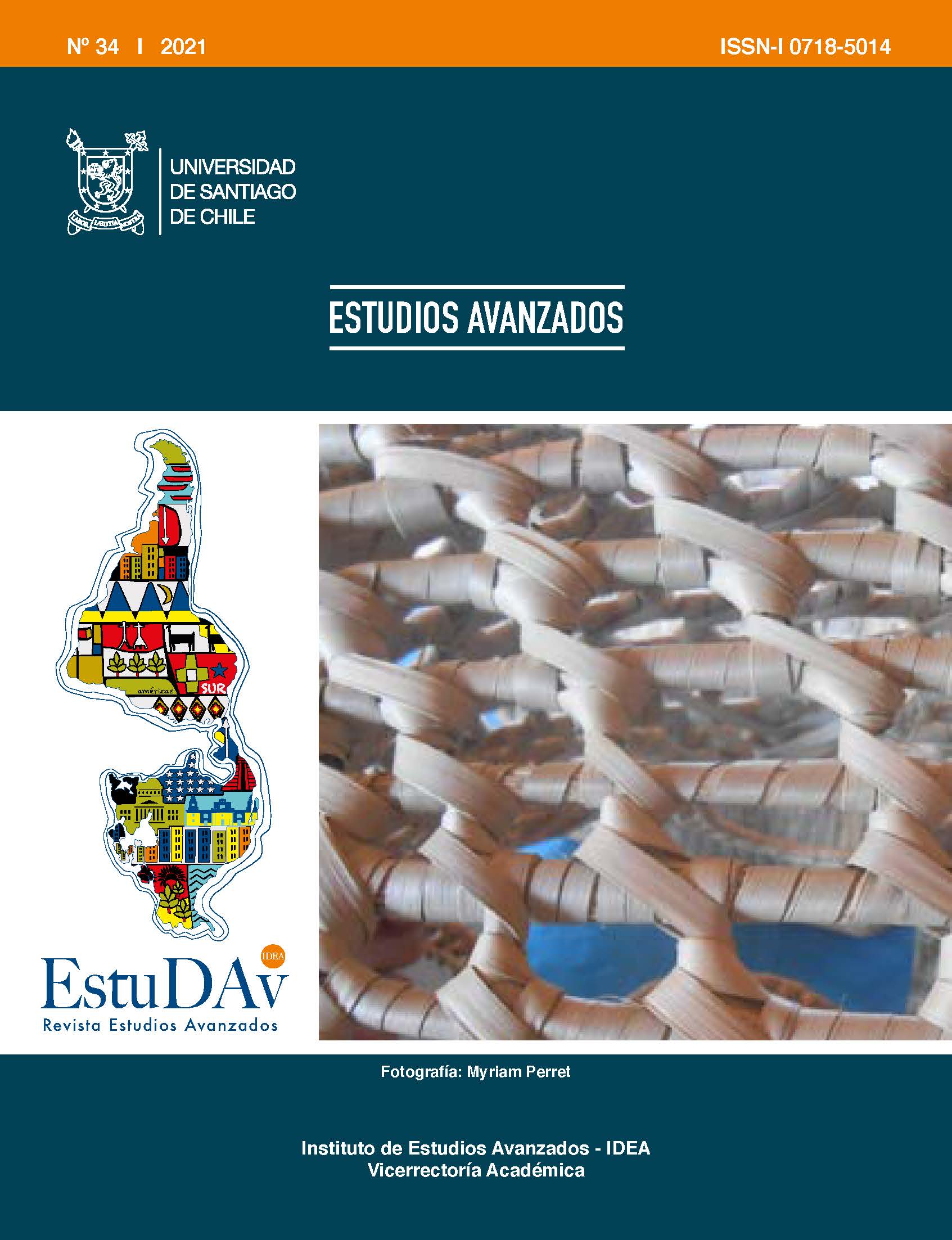Deconstrução da oikeíosis: afiliação, família e familiaridade em Gilles Deleuze e Jacques Derrida
DOI:
https://doi.org/10.35588/estudav.v0i34.4831Palavras-chave:
filiação, sociedade, deconstrução, Derrida, DeleuzeResumo
Este ensaio busca comprovar a tese de que, para além das diferenças entre Deleuze e Derrida, há uma crítica comum ao tropo clássico da "familiaridade" (oikeiosis). Um pensamento contra a filiação entre os termos individual, social, familiar e nacional por eles implícitos, essa questão filosófica afeta tudo, do biológico ao social e político. No que se refere ao biológico, porque a filiação se dá entre o ser individual e a espécie; no que se refere ao social, porque a filiação é a constituição da "família" (a chamada base da sociedade). Finalmente, porque a filiação é a questão geral do parentesco e da descendência. A crítica, no entanto, difere em seu procedimento. Deleuze rapidamente bane a lógica da filiação, enquanto, inversamente, Derrida é mais lento e paciente em mostrar que a lógica da familiaridade é autoimune e desconstrutiva de sim mesma.
Downloads
Referências
Arendt, H. (1993). La condición humana. Barcelona, Paidós.
Boeri, M. (2014). “Lo justo lo es por naturaleza, no por convención. Los argumentos estoicos en contra de la esclavitud y la doctrina de la "oikieosis". Circe XVIII: 19-37.
Deleuze, G. y Guattari, F. (2019a). El Anti-Edipo. Capitalismo y esquizofrenia. Buenos Aires, Paidós.
______. (2019b). Rizoma. Valencia, Pre-textos.
______. (2001). Mil Mesetas: Capitalismo y esquizofrenia II. Valencia, Pre-textos.
Derrida, J. (2019). La vie la mort. Seminaire (1975-1976). París, Seouil.
______. (2018). Limited Inc. Santiago de Chile, Pólvora.
______. (2016). Clamor. Madrid, La Oficina.
______. (2015). El problema de la génesis en Husserl. Salamanca, Sígueme.
______. (2005). Chaque fois unique, la fin du monde. París, Galilée.
______. (1998). Políticas de la amistad. Madrid, Trotta.
______. (1995). La voz y el fenómeno. Valencia, Pre-textos.
Esposito, R. (2002). Immunitas. Protezione e negazione della vita. Turín, Giulio Eunaudi.
Feuerhake, E. (2012). “Texto adentro: la cuestión del materialismo del Anti-Edipo”. Revista Pensamiento Político 3: 43-53.
Freud, S. (1992). “Más allá del principio del placer” en Obras completas (vol. 18). Buenos Aires, Amorrortu.
HÄgglund, M. (2008). Radical Atheism: Derrida and the Time of Life. California, Stanford Univesity Press.
Heidegger, M. (2007). Los problemas fundamentales de la metafísica: mundo, finitud, soledad. Madrid, Alianza.
Jacob, F. (1999). La lógica de lo viviente: una historia de la herencia. Barcelona, Tusquets.
Kant, I. (2006). Crítica de la Facultad de Juzgar. Caracas, Monte Ávila.
Klein, N. (1989). “El desarrollo de un niño”. En Klein, N. Obras Completas, 1. Barcelona, Paidós.
Marder, M. (2016). Grafts. Minneapolis, Univocal.
Pavez, J. (2015). “Jacques Derrida, un plus de vida”. Síntesis. Revista de Filosofía 9(1): 99-115.
Potestà, A. (2013). El origen del sentido: Husserl Heidegger, Derrida. Santiago de Chile, Metales Pesados.
Simondon, G. (2015). La individuación a la luz de las nociones de forma y de información. Buenos Aires, Cactus.
Stark, H. (2015). “Deleuze and Critical Plant Studies”. En Roffe, J. y Stark, H. Deleuze and the Non/Human. Londres, Macmillan Publishers: 180-196.
Trujillo, I. (2015). “Complicidad, complicación, coimplicación; políticas de la deconstrucción”. En Bórquez, Z. Fenomenología, firma, traducción [en torno a Jacques Derrida]. Santiago de Chile, Pólvora.
Vignola, P. (2020). “Entre síntoma y farmakón. La organología de la moral de Bernard Stiegler”. Revista Colombiana de Bioética 15(1): 1-13.
DOI https://doi.org/10.18270/rcb.v15i1.2683
Vitale, F. (2018). Biodeconstruction: Jacques Derrida and Life Sciences. Albany, State University of New York Press.
______. (2014). “The Text and the Living: Jacques Derrida between Biology and Deconstruction”. Oxford Literary Review 36/1: 95-114.
Downloads
Submetido
2021-03-10Publicado
Edição
Secção
Licença

Este trabalho encontra-se publicado com a Licença Internacional Creative Commons Atribuição 4.0.










